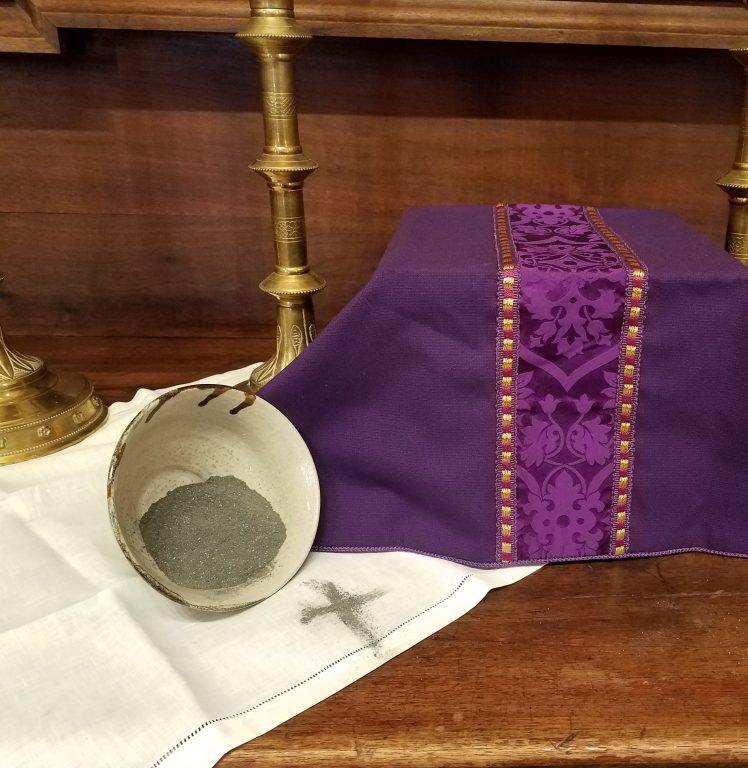
By Nathan Costa, Assistant Director of Music & Liturgist
“Lent” is a word of Germanic origin, meaning “spring,” perhaps referring to the “lengthen”-ing of the days of that season. After our snow-enshrouded Ash Wednesday and last week’s change to Daylight Savings Time, we’ve enjoyed the relative warmth and lightening of our days, glimpses of the spring to come, and those of us in the Northern Hemisphere at least better understand through the natural signs around us the hope of new life in this pre-Easter season.
Since the 4th century, Lent has been associated with baptism as a time of 40 days to prepare new believers for the great Three Days or Triduum (Maundy Thursday evening through Easter Sunday evening) that culminates in Easter baptism, dying like Christ to one’s old self and rising to new life. Lent’s link with baptism began to fray during the Middle Ages, as infant baptism (and an Augustinian understanding of original sin) became more common, and the need for lengthy adult baptismal preparation became less. Lent became a more penitential season, an acknowledgement of sin and death, and extended beyond 40 days to as many as nine weeks (!) of penitential discipline.
But as we’re learning in our Lenten Wednesday evening series, Practicing Resurrection, there is no Lent without resurrection; no death without life, and new life at that. In contemporary times we have attempted to reclaim Lent’s connection with baptism, by encouraging baptism of new Christians throughout the Fifty Days of the Easter Season all the way to Pentecost, and by using their example to teach those of us who were baptized young the possibilities of living ever more fully into our baptismal promises and new life in Christ. Even in parishes without Easter baptisms, our Lenten celebrations and scripture readings encourage us toward a continual spring renewal, deepening our baptismal covenant with God and helping us recognize what is most essential to our Christian life together.
Next week: how do our Lenten celebrations and the gospels we hear each week lead us toward fuller understanding of the baptismal life?